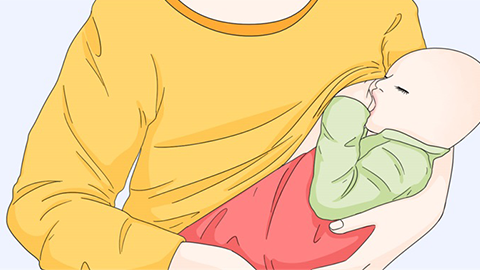Can breast implants affect breastfeeding?
Breast augmentation with implants is mainly performed by making incisions in areas such as the armpit or areola, and then inserting silicone or saline implants into the subglandular or submuscular space beneath the pectoralis major muscle to enhance breast fullness. The general reference price for breast augmentation with implants ranges from 20,000 to 60,000 yuan per procedure, and noticeable improvement is usually observed within 3–6 months. There is a risk of infection associated with breast implant surgery. After breast augmentation with implants, the breasts and breast tissue typically remain normal, allowing for breastfeeding. However, if abnormalities exist, breastfeeding is generally not recommended. If discomfort occurs, timely medical consultation is advised.

If the implant is placed beneath the pectoralis major muscle and the surgical procedure does not damage the breast tissue or milk ducts, and the breast tissue remains normal, breastfeeding is generally possible. Milk production mainly relies on the breast tissue, and the produced milk can be excreted through intact milk ducts. In such cases, the implant typically does not interfere with breastfeeding function.
However, if the implant is improperly placed beneath the mammary gland or if the surgical procedure damages the breast tissue or milk ducts, breastfeeding may be affected after breast augmentation. Damage to the breast tissue may lead to reduced milk production, while断裂 or blockage of the milk ducts may prevent normal milk excretion.
In daily life, it is recommended to decide whether to breastfeed based on individual circumstances and under medical guidance. Maintain a light diet, pay attention to breast care, and avoid impact or compression as much as possible to prevent interference with recovery.









